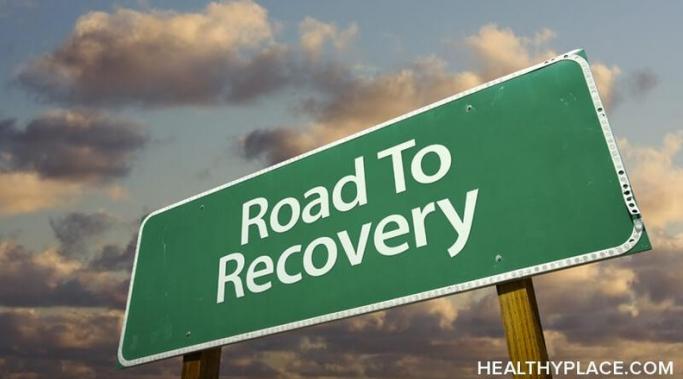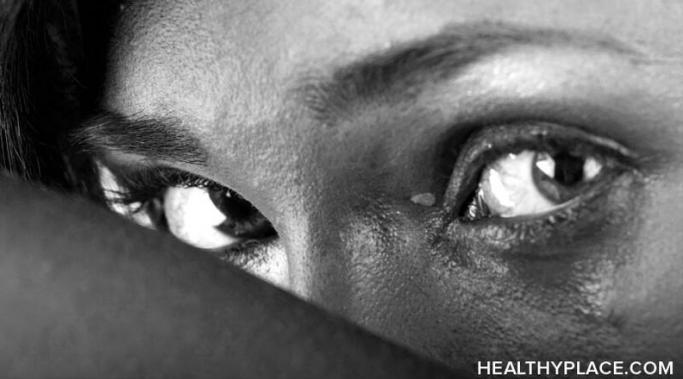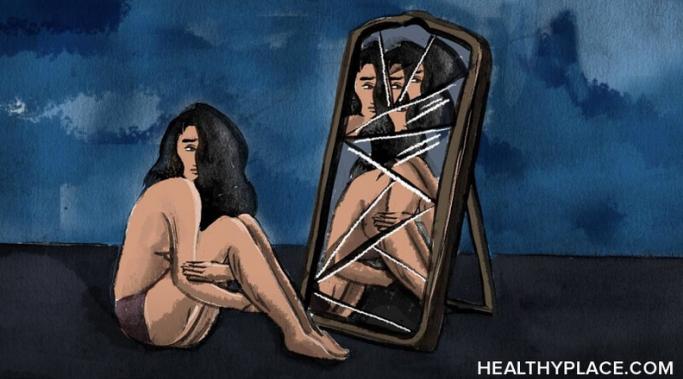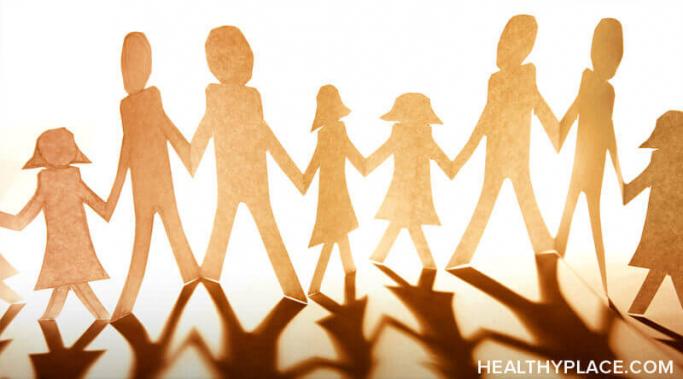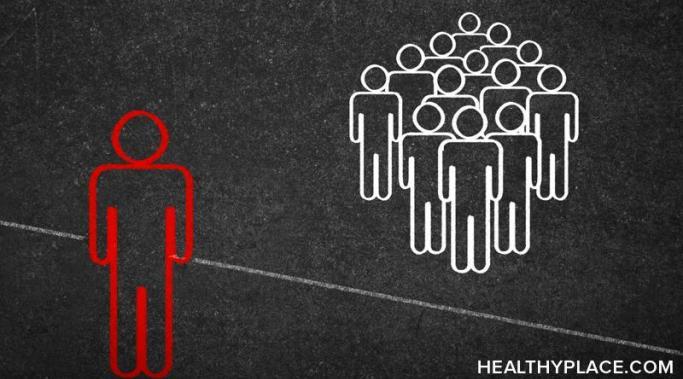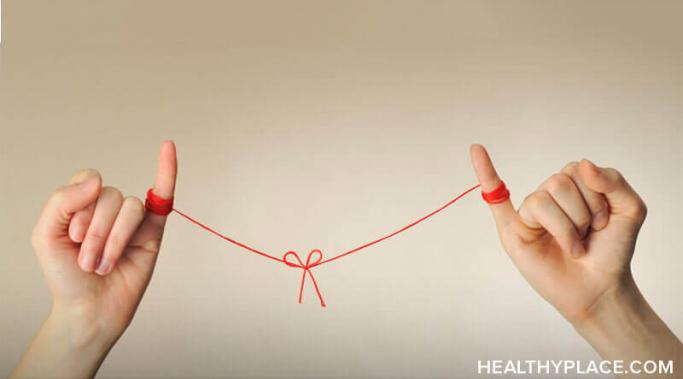Recovering from self-injury can put a lot of pressure on us. We expect that self-harm recovery is a simple process with no obstacles on the road. However, it’s a complicated journey, and there is no one perfect way to recover. You might stumble once or twice, but that’s okay. You can still continue where you left off.
Self-Harm Disclosure
I never thought that coping with self-harm using nature could be so effective. When I was at my lowest, nothing seemed to help control the chaos that reigned my head. My self-harm was getting out of control, to the point that I was counting down the minutes to my next episode until I started walking six miles a day.
Self-harm and suicide are somewhat shrouded in mystery. Many consider them a teenage fad, a call for attention, or, worse, an act of selfishness. On the other hand, research suggests that self-injury and suicide often go hand in hand with trauma, which is a serious matter. And yet, the phenomenon is not fully understood. Is it because we choose to suffer in silence? (Note: This post contains a trigger warning.)
Self-injury, poor body image, and eating disorders often travel together. After all, a poor body image is something many self-harmers often share in common, and that poor body image can turn into an eating disorder. Developing a healthy relationship with our bodies is a crucial step towards recovery.
Self-harm reasons, both for starting and for stopping, are as numerous and varied as colors in cathedral windows. I can only speak from my own experience, but in so doing, I hope to help others better understand their own reasons—or those of someone they love—for doing what they do.
It may be difficult to imagine how self-harm affects others when no one even knows (at least to your knowledge) that you're hurting yourself. Pain, however, always causes a ripple effect.
When you self-harm, secrets are a priority. Self-harm thrives on secrecy. It relies on shame, embarrassment, and social taboo to survive. Contrary to the stereotype of the attention-seeking self-harmer, many self-harmers actually live in constant fear of being found out — of having their self-harm come to light.
Self-harm affects relationships negatively when you swear your loved ones to secrecy. As you know, one of the worst things about self-harm is all the lying, all the secrecy. Whether you have self-harmed once or have had a habit for years, chances are that it is not something you are open about. Chances are that, somewhere along the way, you have lied — either directly or by omission — to someone about your self-harm.
Do we owe our self-harm stories to anyone? I ask because if you are a person who suffers or has suffered from mental health issues of any kind, mental health awareness is a tricky landscape to navigate, especially nowadays. Now, possibly to a greater extent than ever, there are conversations taking place on a national level about mental health research, the benefits and pitfalls of psychiatric medication, whether there exists a link between unchecked mental health problems and violence, the relationship between the rise in ailing mental health and the rise of unfettered capitalism, and so on. With these mental health topics at the forefront, people become aware of self-harm, too. But do we owe the telling of our self-harm stories to anyone for any reason?
Keep Your Eyes on the Road and Not on Your Skin
Whether or not you’d like to believe it, the uncontrolled obsessiveness many have with their phone is similar to how people feel when they need to self-harm. Here's what I mean by that analogy.
When you’re driving, distractions are everywhere. You may not realize you’re distracting yourself by making your music louder or adjusting your sunglasses in the mirror, but you are. Whenever your eyes are off of the road for a second, you are that much closer to getting in an accident.
We have seen so many deaths and injuries from texting related incidents and it’s extremely hard not to look down at your phone during a commute. Most of the time, you have no reason to look at your phone in the first place, but you are just drawn to it, automatically.
